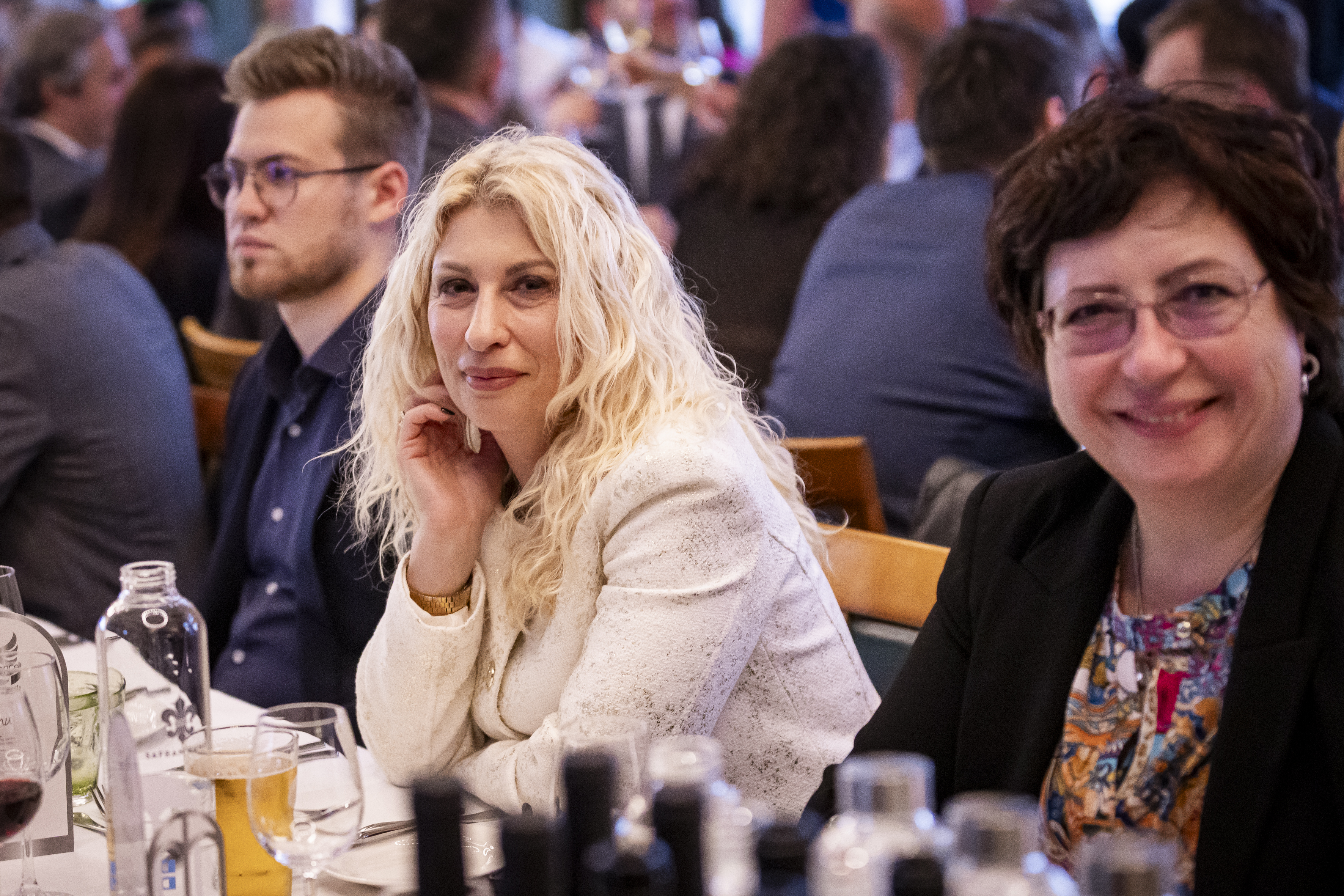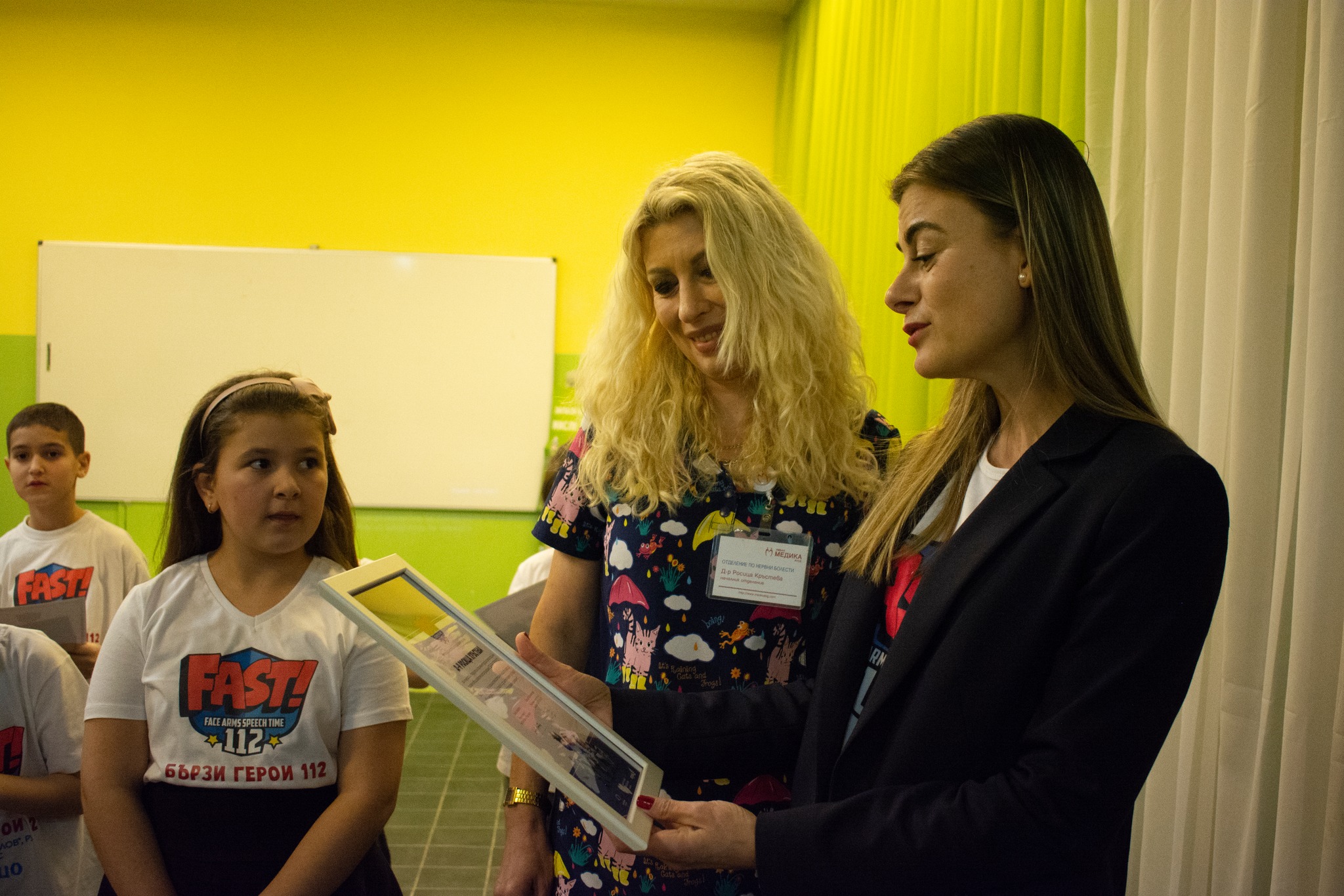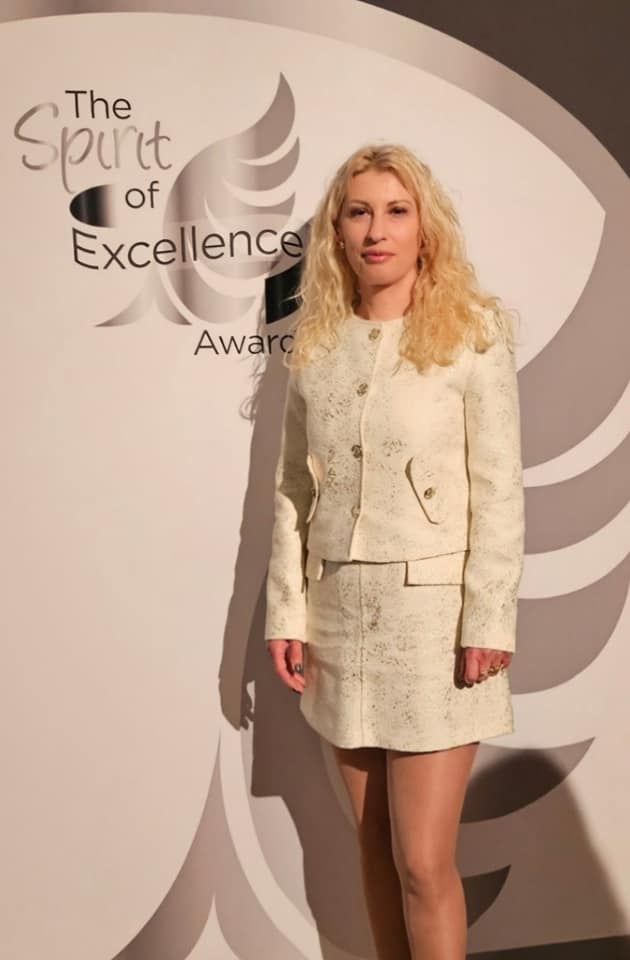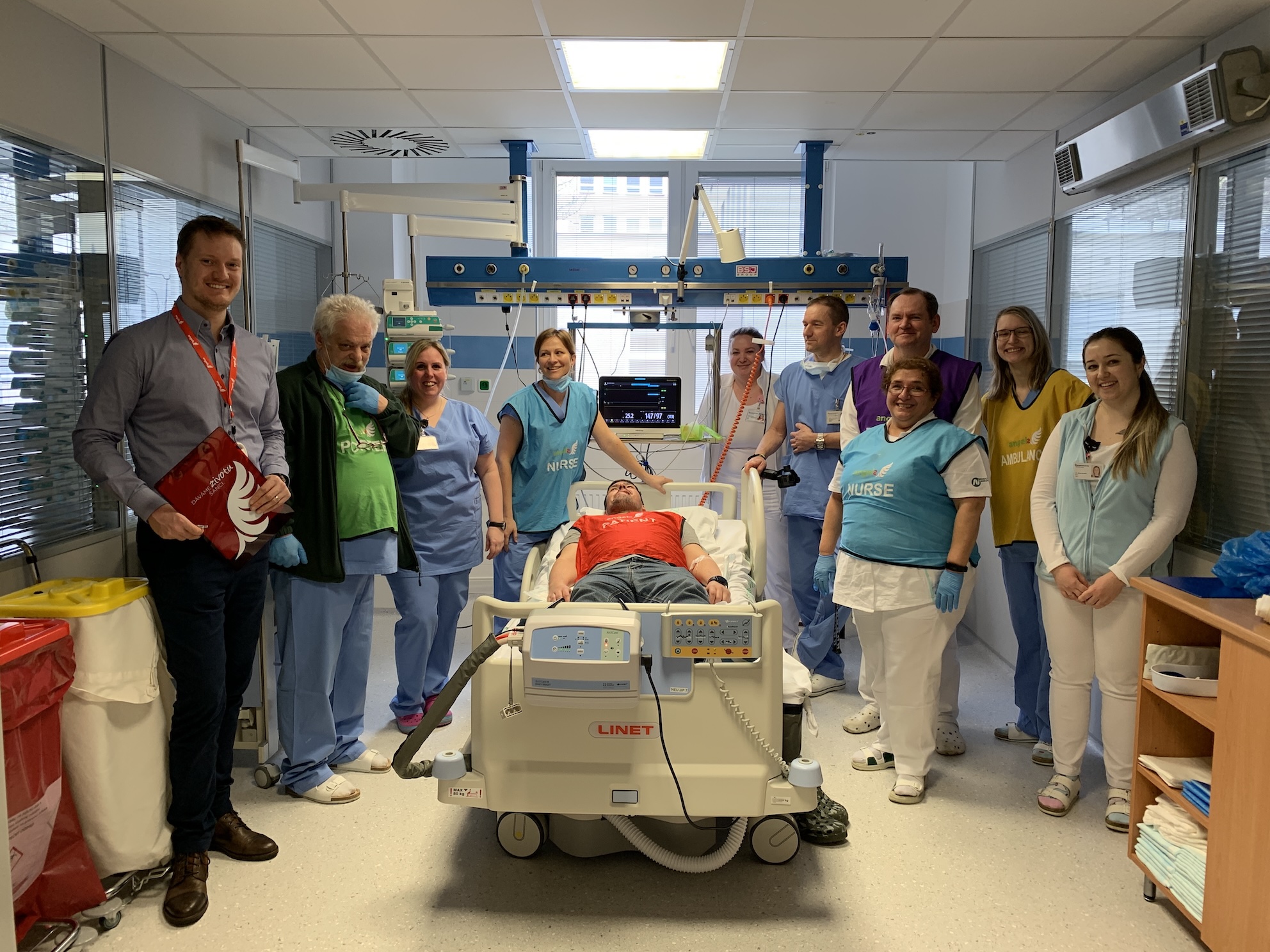
A volte si dice che la città di Russe si sia stabilizzata quando un piccolo pezzo si sbriciolava da Vienna e galleggiava lungo il Danube. Venne a riposare proprio di fronte alla città rumena di Giurgiu, dove prosperò in un elegante porto fluviale con lunghi boulevard, eleganti bar e parchi urbani verdi.
A volte si asserisce anche che il suo nome derivi dal "ruskea" finlandese (che significa marrone), ma c'è un racconto più seducente in cui la città ha ottenuto il suo nome dal suo fondatore femmina, una bionda valkyrie chiamata Rusa. Miti a parte, i residenti degni di nota di questa città storica hanno infatti incluso diverse donne intraprendenti, tra cui la rivoluzionaria Baba Tonka, l'attivatrice dei diritti delle donne Ekaterina Karavelova e il soffragista e riformatore Dimitrana Ivanova.
Queste donne legittime sarebbero state orgogliose di sapere che un altro del loro tipo sta facendo tutto il possibile per prevenire l’ictus in Russe e dare ai suoi pazienti colpiti da ictus una seconda possibilità di vita.
La Dott.ssa Rositsa Krasteva, responsabile neurologo presso Umhat Medika Russe, è nativa della pianura danubiana, la regione fertile e collinare a nord delle Montagne Balcane e a sud del Danubiano. È nata in un villaggio vicino al fiume Rositsa e istruita a Russe, tornando qui dopo aver studiato la medicina a Pleven.
Avendo amato la letteratura e la storia, i piani di Rositsa divennero avvocati durante il suo ultimo anno scolastico, quando i suoi genitori stabilirono che sarebbe diventata il primo medico dell'emergenza della famiglia. È una cosa bulgara che i genitori interferiscono con la carriera dei propri figli, dice. Non ha rimpianti, ma non ha alcuna inclinazione a interferire con le scelte di carriera della figlia di 23 anni che sta già seguendo il suo percorso e lavora come assistente farmacista.

Angels aprì la porta
Sebbene sia difficile credere ora, la Bulgaria aveva una fornitura eccessiva di medici nel 1998, motivo per cui la dott.ssa Krasteva ha tagliato i denti al pronto soccorso di un ospedale statale di Rousse prima di passare alla neurologia due anni dopo. Ha completato la sua specializzazione in neurologia nel 2008 ed è entrata in Umhat Medika Russe nel 2013.
Il trattamento endovenoso per l'ictus acuto non era ampiamente disponibile in Bulgaria fino al 2018, quando la dott.ssa Krasteva ha reso la conoscenza di Angels, una riunione che ha suscitato il suo interesse per la possibilità di esiti migliori per il numero sproporzionato di vittime di ictus della Bulgaria.
Nel 2006, quando ha osservato il primo trattamento con trombolisi presso l’ospedale statale, il suo atteggiamento era stato uno di scetticismo. "Ero più contrario", ammette. "Ma la formazione fornita da Angels ha aperto la porta. Ha dimostrato che potevamo organizzarci e abbiamo appreso come hanno funzionato altri Paesi. Fino a quel momento tutte le nostre informazioni provenivano dalla letteratura scientifica; non sapevamo come implementarle".
A metà 2019 la dott.ssa Krasteva aveva vinto anche i membri più ricalcitanti del suo team e Umhat Medika Russe ha ricevuto il primo dei 13 premi Angels ESO. Ma, come altri ospedali in Bulgaria, avevano anche scoperto un problema che ha impedito alla maggior parte delle persone di ricevere un trattamento per l'ictus acuto, una popolazione non informata che non riusciva a riconoscere i segni dell'ictus e non sapeva quanto fosse importante richiedere cure mediche immediate.
Quando il programma di sensibilizzazione sull’ictus degli eroi FAST è stato lanciato in Bulgaria dopo la pandemia di Covid, il project leader,Elica Hadzhivalcheva, ha trovato un alleato pronto e in attesa a Russe. Il supporto della dott.ssa Krasteva, e quello del suo nome della dott.ssa Rositsa Georgieva dell'ufficio regionale per l'istruzione che ha reso obbligatoria la partecipazione,aiutò la campagna a raggiungere 7.000 bambini in città, tra cui la classe tre della Vasil Levski Comprehensive School che sapeva esattamente cosa fare quando il loro insegnante di computer aveva un ictus.
E quando alla fine del 2021 fu nominato un nuovo Consulente Angels, Ludmila Sheytanova, trovò anche un alleato, una persona che potrebbe chiedere aiuto per le normative, le linee guida e la legislazione, e su cui potrebbe contare per il supporto.

È per il bene dei pazienti
Di persona, la Dott.ssa Rosista Krasteva crea l’impressione che possa facilmente trovare un’intera città se ne sentisse la sensazione. Sebbene piccola nella statura, esuda un’irregolarità fredda amplificata da un’abbondanza di lunghi capelli biondi. L’impronta è parte di Agnetha Fältskog (la bionda di ABBA) e parte di Stevie Nicks (di Fleetwood Mac fame) e ha perfettamente senso che lei abbia usato per registrare la musica rock con un collega. (Se riuscite a trovare la loro versione di Ozzie Osbourne "Chiudere gli occhi per sempre" su YouTube, non sarete delusi.)
La Dott.ssa Krasteva è una neurologo rockstar in ogni senso della parola, sia che si tratti di workshop leader in occasione di eventi Angels nazionali e regionali, sia che abbia il tempo di fornire consigli in tempo reale a un collega meno esperto. La sua influenza va ben oltre i limiti della città di Russe: è membro del gruppo di lavoro per lo sviluppo del Piano d’azione nazionale per l’ictus 2030, membro del comitato consultivo litico bulgaro e membro del comitato esecutivo dell’Associazione medica bulgara.
Durante una conversazione a Basilea, in Svizzera, in cui partecipa all'ESOC come candidato della Bulgaria per il prestigioso ESO Premio Spirito di eccellenza, sottolinea che il cambiamento può essere più facile da raggiungere a livello nazionale che locale, dove le dinamiche delle relazioni interpersonali possono ostacolarsi.
C’è anche uno scetticismo diffuso verso il sistema sanità con cui intervenire. E' opinione della Dr.ssa Krasteva che gli anni in regime totalitario siano colpevoli di una diffidenza delle autorità, che crea una base fertile per teorie di sospetto e cospirazione. Ma sebbene il cambiamento possa essere lento, è convinta che la Bulgaria nel tempo avrà il sistema sanità che la sua popolazione merita.
Dopo 13 premi, Umhat Medika Russe deve ancora vincere il massimo riconoscimento per la la cura dell'ictus: il riconoscimenti al diamante resta tantalmente fuori dalla portata. Il dott. Krasteva non è perturbato. "A mio parere, è meglio per il Paese avere più ospedali attrezzati per l'ictus che una manciata che riceva di tanto in tanto", afferma.
"Lavoriamo per il bene dei pazienti".



